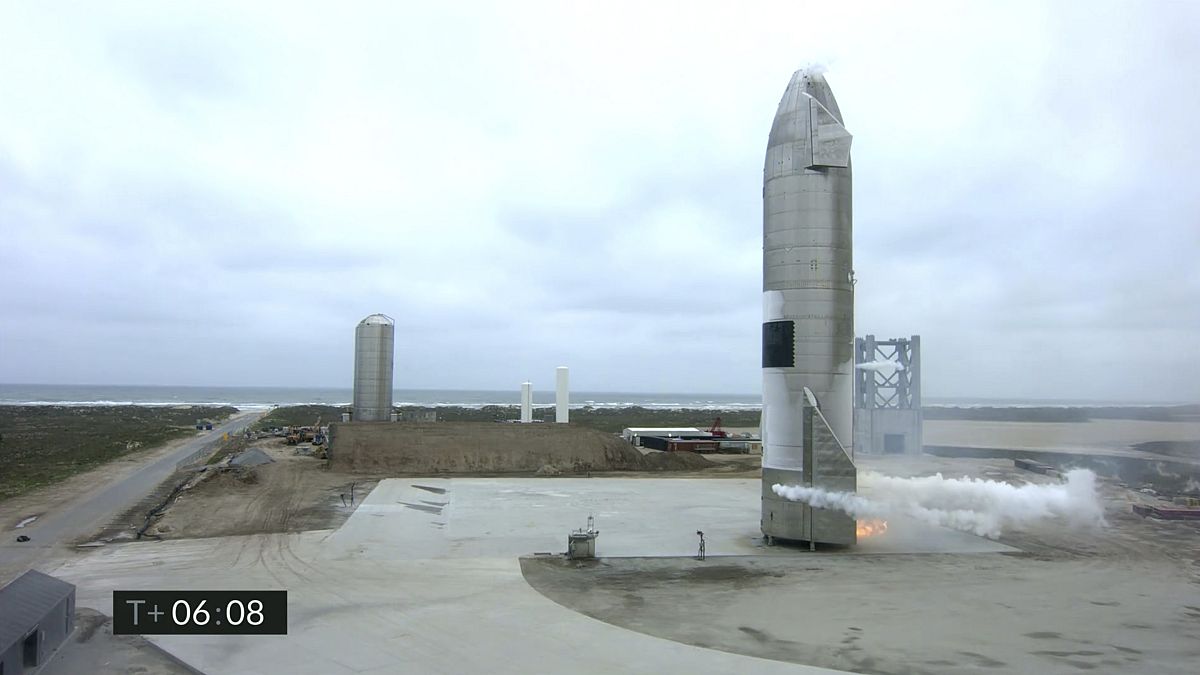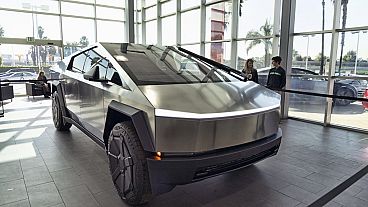The previous four attempted test flights of the rocket SpaceX wants to use to send people to the moon and Mars ended in fiery explosions.
On the fifth time of trying, SpaceX has successfully launched and landed its Starship rocket, which the company wants to use to send people to Mars.
The previous four test flights ended in fiery explosions, but on Wednesday Elon Musk’s company managed to land the rocketship after a brief flight over the Gulf of Mexico.
The upgraded version of its full-scale, bullet-shaped rocketship flew just over six miles, before flipping, descending horizontally, and then flipping back to a vertical position again just before landing.
Being able to land the Starship rocket is a crucial part of making it reusable, so that hardware and components used to get it into space the first time and can be redeployed for the next mission. This helps to bring down the cost of transporting humans to the moon and Mars.
"Starbase Flight Control has confirmed, as you can see on the live video, we are down. The Starship has landed!" announced launch commentator John Insprucker.
A fire at the base of the 160-foot (50-metre) rocket quickly was extinguished, and the rocket remained standing after the six-minute flight.
Musk tweeted the landing was “nominal”
SpaceX wants to use the Starship to first send people back to the Moon, before taking the first humans to Mars.
In the past two weeks, the company launched four more astronauts to the International Space Station for NASA, completed a nighttime landing of a crew from space for the first time since the Apollo missions, and launched mini internet satellites into orbit.
Less than a month ago, NASA chose SpaceX's Starship to deliver astronauts to the lunar surface in the next few years. The $3 billion (€2.5 billion) contract was halted last week, however, after the losing companies - Jeff Bezos' Blue Origin and Dynetics - protested the selection.
Musk said last month that the NASA money will help the development of Starship, which is meant to eventually launch atop a Super Heavy booster. He said it's been a "pretty expensive" project so far and mostly funded internally. The first high-altitude test was in December.



